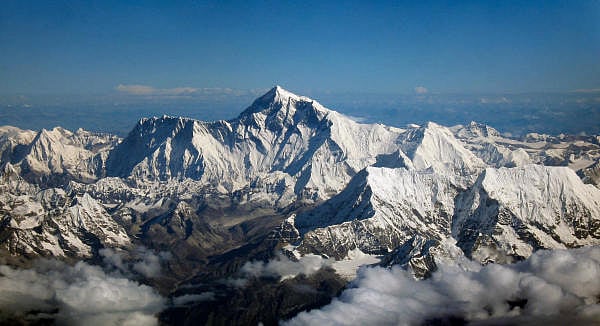
Expeditions to Mt Everest and other Himalayan peaks in Nepal have been suspended for the spring season in wake of the growing global concerns over the outbreak of coronavirus/COVID-19.
No new permits would be issued between March 14 to April 30 and the ones issued stands cancelled.
Majority of the climbers come from India, the United States, the United Kingdom and China. This is not only a huge jolt to the tourism of Nepal but also the livelihood of sherpas.
Speaking to DH, veteran Indian mountaineer Umesh Zirpe of Pune-based Giripremi and Kathmandu-based Keshub Paudyal, who is the Director of Peak Promotion, confirmed the development.
The Nepalese government took the decision on Thursday night. Giripremi was to lead an expedition to Annapurna-1 but he was conveyed of the restrictions.
"We are forced to take a hard decision to postpone the Annapurna I expedition to the next season," said Zirpe, one of India's best and experienced mountaineers, who had led expeditions to Mt Everest twice including India's biggest expedition to world's tallest peak.
"On the background of Coronavirus outbreak, the Nepal government has put on hold all the expeditions in the spring 2020 season. The decision was made in the high-level committee meeting of govt officials at Kathmandu held on Thursday night," he said.
Paudyal said that it is a big jolt to the mountaineering and trekking fraternity. "The spring season is very important....more than 2,500 depend on this season for their annual earnings," he added.
The eight-thousanders (above 8,000 mts) in Nepal are Mt Everest, Kanchenjunga, Lhotse, Mount Makalu, Mount Cho Oyo, Dhaulagiri I, Mt Manaslu, Annapurna I.
During spring 2019, the Nepalese government issues 600-odd permits for Mt Everest, from which 360 to 370 summited.
During the 2015 earthquake, the mountaineering schedule was disturbed, however, international help had poured in, said Zirpe, adding that this time around the entire world is battling a crisis.
Adds Paudyal: "Mountaineering is one aspect. The number of trekkers too is very large. That too would be affected badly."
